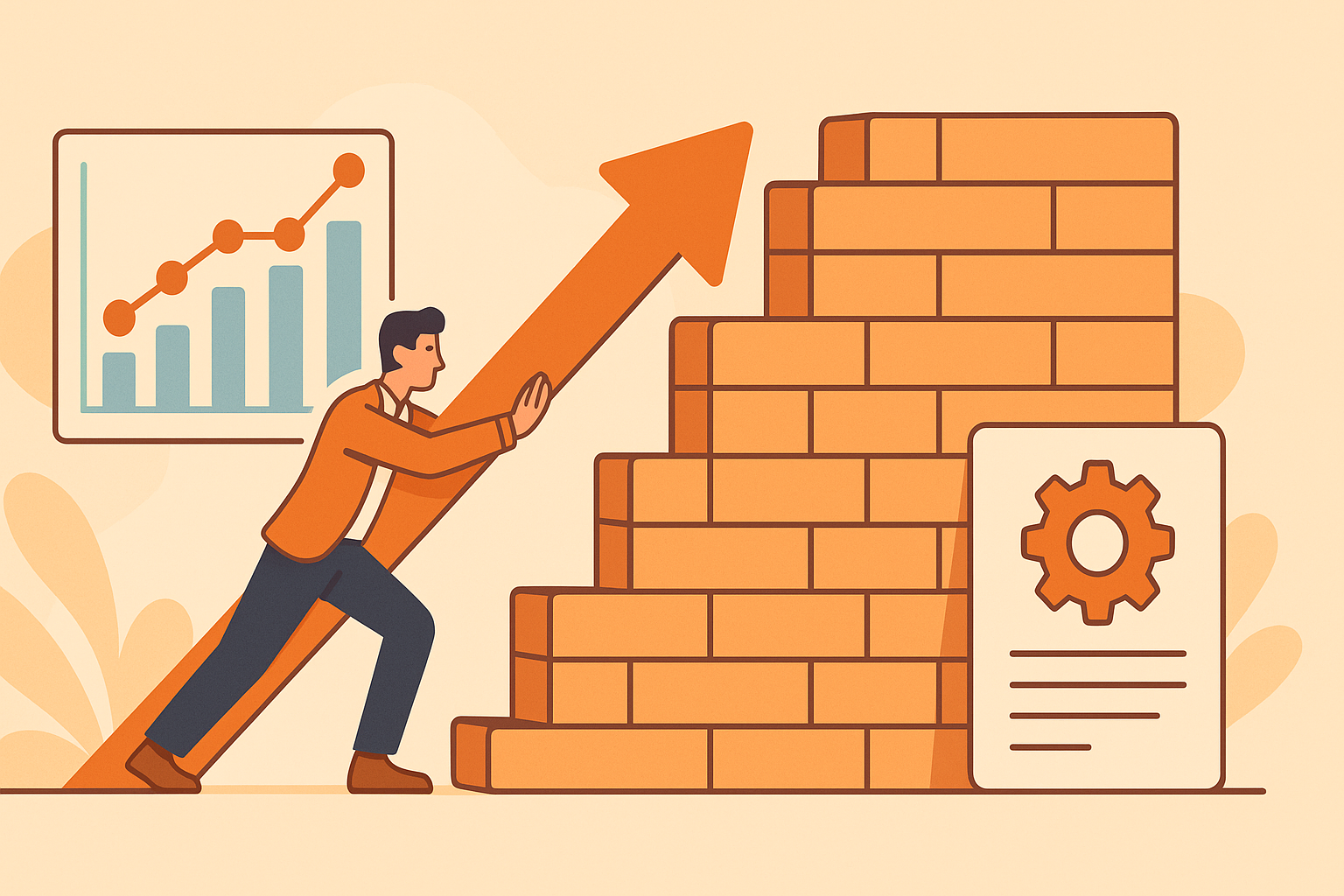Conducting effective job interviews is crucial for hiring the right talent and ensuring a strong fit within your organization. The final round of interviews is particularly important as it provides an opportunity to assess candidates in-depth and make a well-informed decision. Here are some strategies for conducting effective final-round interviews.
Overview of the Final Interview Process
The final round of interviews involves meeting with at least three different people from your organization. The candidate has already passed an initial phone interview, two technical tests, and a personality test. Each interview lasts between 30-45 minutes and focuses on different aspects of the candidate’s potential fit within the company.
Step 1: Assess Cultural Fit
The first interview focuses on assessing whether the candidate is a good cultural fit based on the core values of the company. This interview is crucial for ensuring that the candidate will thrive in your organization’s environment and contribute positively to the team culture.
Key Elements of the Cultural Fit Interview
- Focus on Core Values:
Discuss the company’s core values and ask questions that reveal how the candidate’s values align with those of the organization. This helps determine whether the candidate shares the same principles and can contribute to the company culture. - “Tell Me a Time When” Questions:
Avoid hypothetical questions like “What would you do if…?” Instead, ask behavioral questions that require the candidate to provide specific examples from their past experiences. For example:- “Tell me a time when you had to overcome a challenge at work.”
- “Describe a situation where you had to work as part of a team to achieve a goal.”
- “Share an example of how you demonstrated one of our core values in your previous role.”
- Evaluate Soft Skills:
Assess the candidate’s communication, teamwork, and problem-solving skills. These are essential for ensuring a successful cultural fit and effective collaboration within the team.
Step 2: Technical Evaluation
The second interview focuses on technical skills and expertise, ensuring that the candidate can meet the demands of the role and contribute to the team’s success.
Key Elements of the Technical Interview
- Technical Questions:
Ask in-depth questions about the candidate’s technical knowledge and experience. Use “tell me a time when” questions to explore how they have applied their skills in real-world situations. For example:- “Tell me a time when you had to troubleshoot a complex problem in a project.”
- “Describe a project where you successfully implemented a new technology or process.”
- “Share an example of how you managed multiple priorities in a technical environment.”
- Problem-Solving Ability:
Evaluate the candidate’s ability to think critically and solve problems. Discuss scenarios that require analytical thinking and explore how the candidate approaches challenges. - Collaboration with Technical Teams:
Assess the candidate’s experience working within technical teams and their ability to collaborate effectively with colleagues. This is important for ensuring seamless integration into the team.
Step 3: Assess Team Fit and Career Goals
The final interview is conducted by the candidate’s potential direct manager or a coworker, focusing on team fit and the candidate’s career goals. This interview ensures that the candidate aligns with the team’s dynamics and has a clear understanding of their role within the organization.
Key Elements of the Team Fit Interview
- Team Dynamics:
Discuss the team’s dynamics and assess how the candidate would fit within the existing structure. Explore their preferred working style and how they handle team interactions. - Career Goals:
Ask the candidate about their career goals and aspirations to ensure alignment with the organization’s growth opportunities. For example:- “What are you looking for in a job, and how does this role fit into your career path?”
- “Describe a project or responsibility you would like to take on in the next few years.”
- “How do you see yourself contributing to our team and company goals?”
- Motivation and Commitment:
Explore the candidate’s motivation for joining the organization and their commitment to contributing to the team’s success. This helps ensure long-term engagement and satisfaction.
Step 4: Post-Interview Evaluation and Decision
After the interviews are completed, the three interviewers meet to discuss the candidate’s performance and determine whether they should move forward with an offer.
Key Considerations for Decision-Making
- Focus on Facts, Not Feelings:
Base your evaluation on concrete examples and evidence from the interviews rather than personal biases or gut feelings. This helps ensure an objective assessment and prevents overlooking a potentially great candidate. - Discuss Red Flags:
Identify any red flags or concerns that arose during the interviews and discuss their potential impact on the candidate’s fit within the organization. - Make a Prompt Decision:
If the candidate is deemed a great fit, make an offer promptly. High-quality candidates often have multiple offers, so acting quickly can help secure top talent.
Conclusion
Conducting effective job interviews requires a structured approach that assesses cultural fit, technical skills, and team dynamics. By focusing on facts and providing a comprehensive evaluation, organizations can make informed hiring decisions and secure top talent. Implementing a thorough final-round interview process ensures that candidates align with the company’s values and goals, ultimately contributing to the success and growth of the organization.


